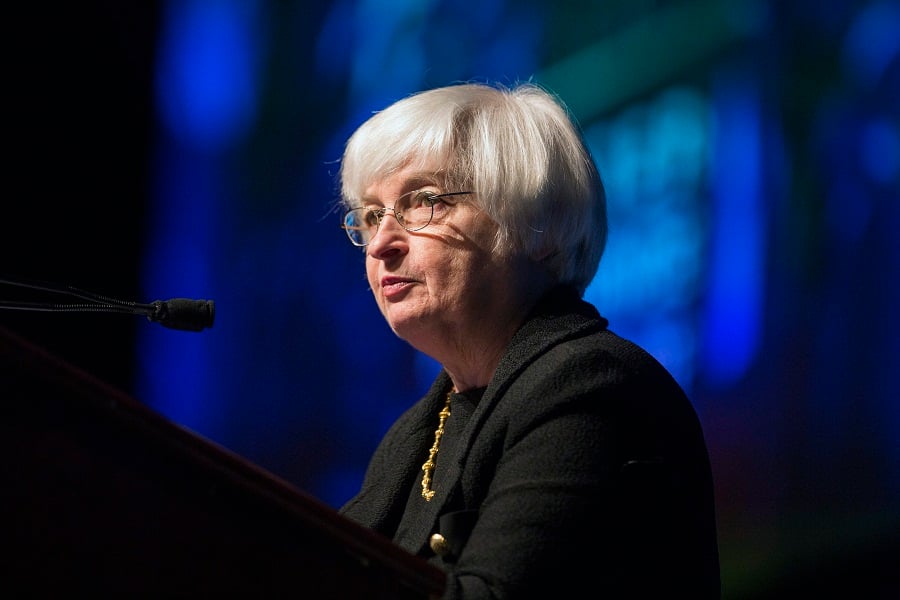While the government's downward revision of first-quarter economic growth on Friday generally adds up to a big shrug and nothing to worry about, it doesn't pull a Federal Reserve rate hike off the table.
Even those viewing the
revision to a 0.7% first-quarter contraction from a 0.2% expansion in the broader context of bigger problems for the U.S. economy are able to move past the report. For now.
“We're in a soft patch because of government's increasing role in the economy, and it is what it is,” said David Haraway, principal at Substantial Financial.
“They've taken the economic principles out of it, and we are now being overwhelmed by government spending that has sapped the economy of its own strength,” he added. “What we're seeing now is indicative of the Fed losing control of the interest rate battle to foreign governments that are pushing their currencies down.”
In addition to the winter weather, the strength of the U.S. dollar has been a constant drag on domestic growth this year. The
stronger dollar means less manufacturing and exports, which slows economic growth.
IMPACT OF EXPORTS AND IMPORTS
“Most of the revision downward was because of a reduction in exports and an increase in imports, and given the strength of the dollar, this is not a surprise,” said Krishna Memani, chief investment officer at OppenheimerFunds.
While Mr. Memani still believes the
economy will rally to finish the year at a growth level of 2%, he pointed out that the Federal Reserve's monetary policy is colliding with the global economy.
“Deleveraging is a bitch, as they say,” he said. “It's very difficult to have the U.S. economy decouple significantly from what's happening overseas, because as the dollar rallies, the economic outlook looks better and that increases the chances of a rate hike. But the strength of the dollar is also hurting economic growth.”
Mr. Memani said he still thinks the Fed will raise rates in December, if not September, “not because they should, but because they want to.”
THE FED'S CATCH-22
Bob Rice, chief investment strategist at Tangent Capital, also sees a Catch-22 for the Fed that is playing out in the economic growth numbers.
“Up until now there has been a unified global problem of easing, now we're about to break ranks and raise rates, which has potential to hurt global asset prices,” he said. “It's an incredibly fragile U.S. economy right now, and we're so deep in this thing, I don't know what the Fed should or shouldn't do. The answers are way above my pay grade.”
Even though Mr. Rice believes the Fed is “dammed if they do and dammed if they don't” raise rates, he expects the Fed to opt for a rate hike soon.
“They're going to try to bump this thing up a teeny bit just to protect their credibility,” he said. “I just don't think it's plausible that they can meaningfully raise rates, because we're getting to the end of a period where we hail every piece of crummy news because it means the Fed won't tighten.”
Paul Schatz, president of Heritage Capital, said the downward revision in GDP was widely expected and has already been “universally dismissed” by investors.
“Fast forward three months and you will see an economy sharply accelerate,” he said.
The reason that he believes GDP data from the next two quarters will be “much, much, much stronger” is based largely on the strength of the consumer.
He called the consumer discretionary sector, as measured by the Consumer Discretionary Select Sector SPDR exchange-traded fund, “the lifeblood of the economy” and said that it's 1% from an all-time high.
“If the economy was really contracting,” he said, “consumer discretionary would be down 20%.”







